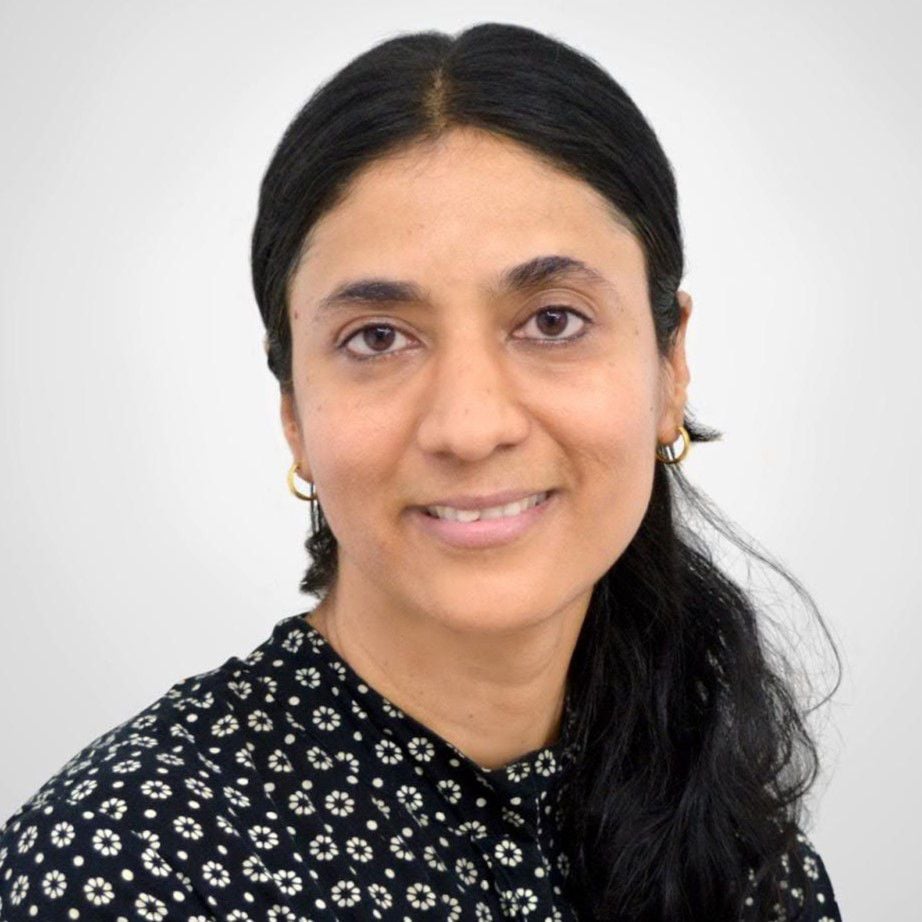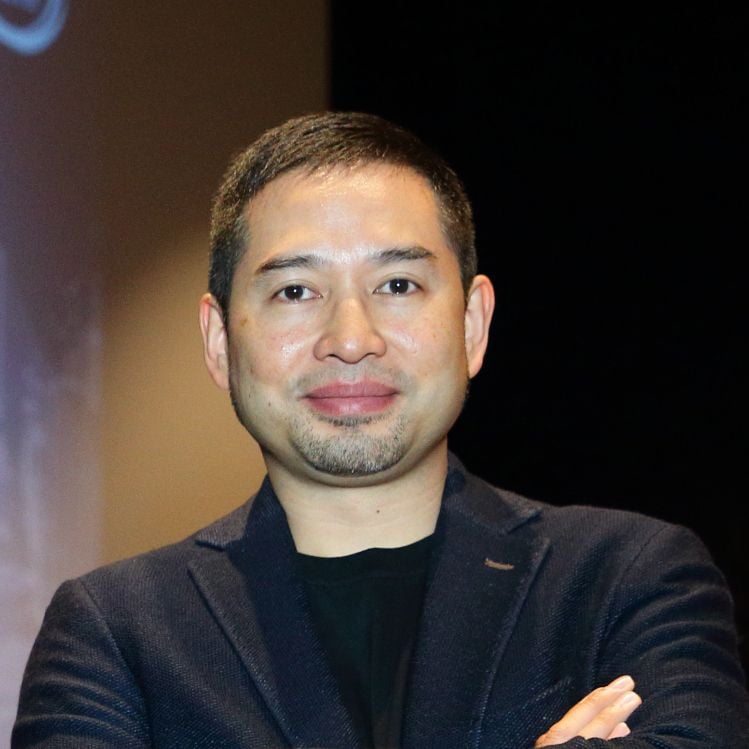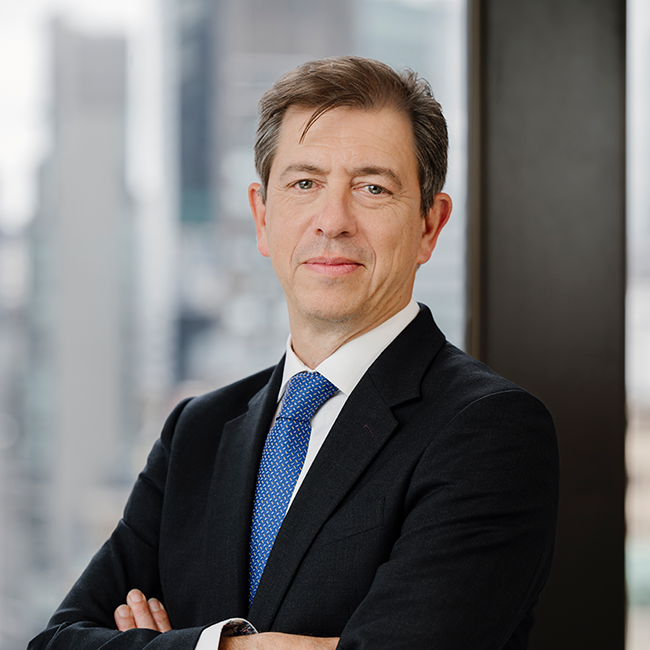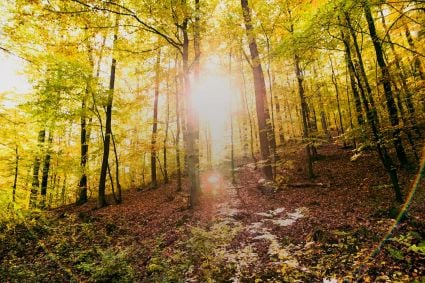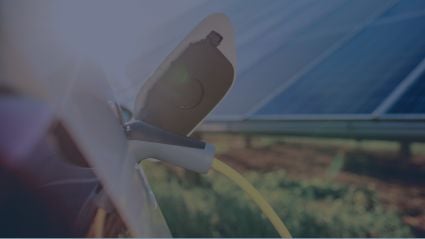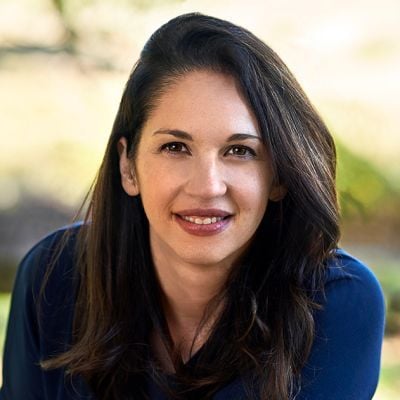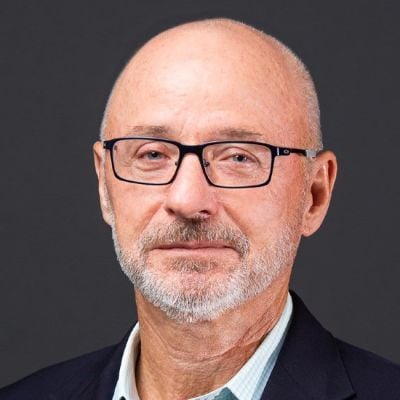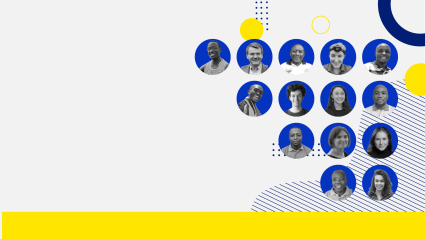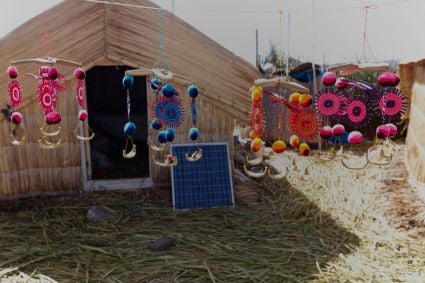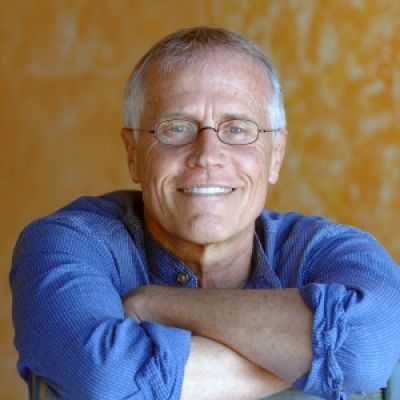
Tell us about your team.
GEG Geosleeve’s Milken-Motsepe Prize in Green Energy work is led by a multinational team composed of energy development experts. The team is drawn from integrated sister companies: GEG KE based in Kenya, GEG Iceland Canada based in Canada, and our engineering headquarters run by Geoneer in Reykjavik, Iceland. We are also supported by experts at other companies based in the United States, China, and India.
GEG companies’ experience includes building 16 geothermal power plants for national utilities in Kenya and Iceland. Collectively, we have pioneered the design of modular wellhead geothermal power, direct use geothermal cold storage, and now thermoelectric geothermal. This has required a mix of skills from our team: we are geothermal engineers and geologists working with energy analysts and economists to define viability for our project originators and managers.
What inspired you to participate in the Milken-Motsepe Prize in Green Energy? In addition to competing for the $1 million grand prize, what do you hope to gain from this experience?
Our overriding motivation is to do our part to mitigate the climate crisis and support climate adaptation. Our team leaders started in the green energy sector over 20 years ago when there was still the thought that green energy could avert the climate crisis. That has evolved into a true call to action: to limit the intensity of the climate crisis while preparing as many communities as possible for climate adaptation.
Those communities include where our families live and the global family upon which we all depend. We sincerely believe we are working for the highest possible purpose: to save lives by finding new ways to live amid a changing climate and to share that with the world. Participation in the Milken-Motsepe Prize is part of that call to action and purpose. We have already achieved the world’s first thermoelectric generation with low-temperature geothermal.
The combination of the Milken Institute and the Motsepe Foundation is simply unprecedented for its potential to bring attention to our work. The competition opens a new door to a global network of leaders with resources beyond financial and a real connection to the active legacy of one of Africa’s greatest successes.
We have already gained what we hoped—now it’s just how deep and how far will it go!
How will your concept expand access to reliable, affordable, and sustainable electricity in Africa?
Our focus is commercializing viable energy projects driven by low-temperature geothermal, a globally present resource found throughout Africa.
Our thermoelectric generation system generates non-fluctuating baseload power, operates 24 hours and year-round, independent of weather, and requires no fuel or any other external inputs. It has no moving parts, simple maintenance and can be scaled to any output level, from single households to distributed networks for communities to utility-scale for national grids.
The systems can be mass produced for local installation at a Levelized Cost of Electricity of US2.5 to 3.5 cents, which makes it cost competitive without subsidies. We are a fair-profit enterprise for a good reason: We need to develop projects that clearly make sense both technically and financially to be emulated by others as new best practices as quickly as possible.
What sets you apart from other teams in this competition?
-
A rare convergence of massive investments in the enabling technologies that support our innovation alongside practical expertise for system design and deployment.
-
A system that is viable universally so we can use price differentiation to benefit Africa: This also works in the richest economies with deployment locations including power plants already built in the US and Europe. We have committed to a pricing strategy that ensures overall profitability while focusing only on cost recovery for projects in Africa. This builds climate justice into our business models.
-
We are actually generating electricity rather than increasing the efficiency of electricity use or proposing novel consumption. We see our role as generating kilowatt-hours for others to decide how they want to use them, and we accept that might change over time.

